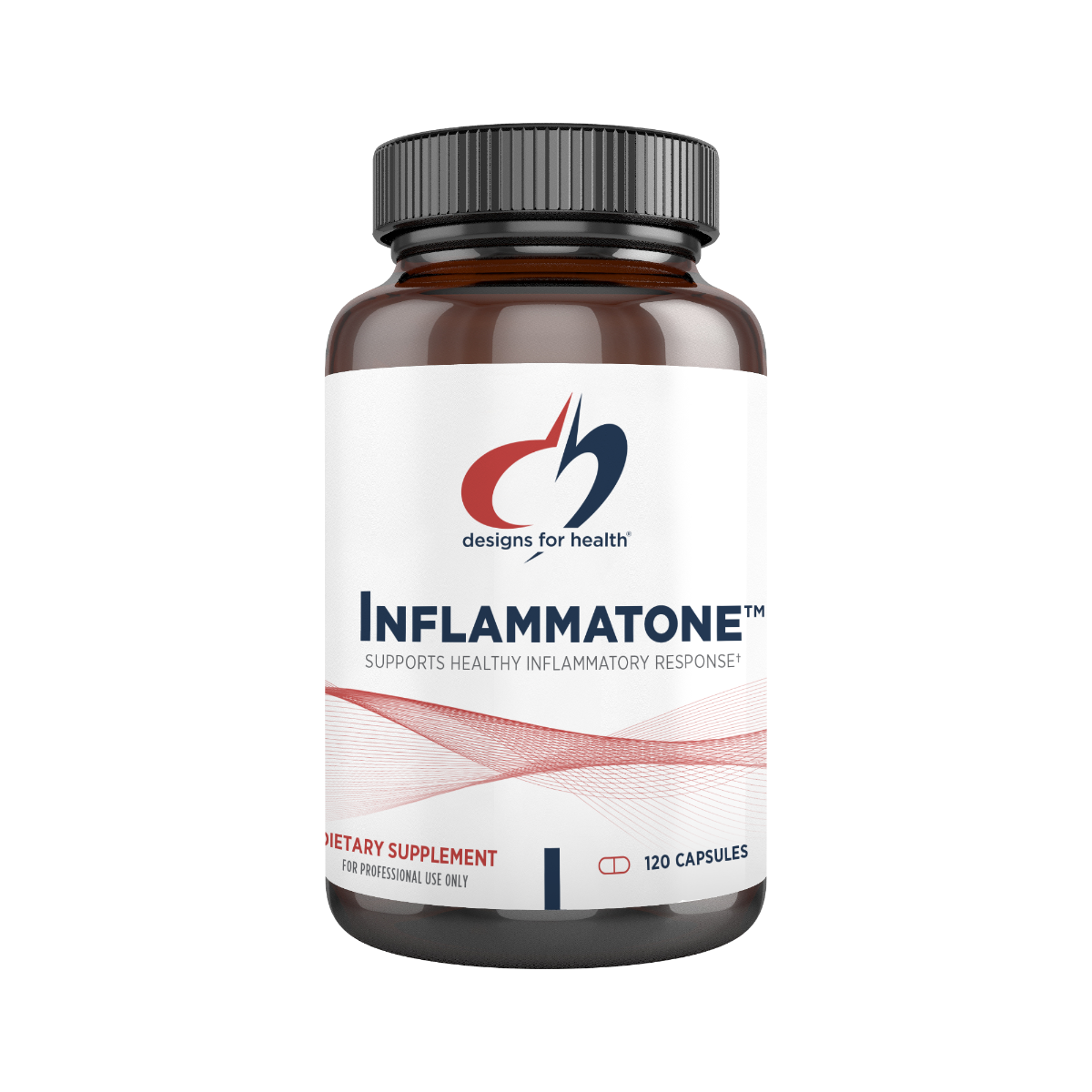Exosomes and Inflammation Reduction: A New Hope

Inflammation is a common underlying factor in many chronic conditions, from arthritis to cardiovascular diseases. Traditional treatments often focus on managing symptoms rather than addressing the root cause. Enter exosome therapy—a groundbreaking approach that leverages the body’s natural communication systems to reduce inflammation and promote healing. This blog explores the science behind exosomes and their potential to reduce inflammation.
What Are Exosomes?
Exosomes are small extracellular vesicles, ranging from 30 to 150 nanometers in diameter, secreted by various cell types. They play a crucial role in intercellular communication by transporting proteins, lipids, and RNA between cells.
How Exosomes Reduce Inflammation
Exosomes carry bioactive molecules that can modulate the behavior of recipient cells, influencing processes such as immune response and inflammation. Here’s how they help reduce inflammation:
- Anti-Inflammatory Signals: Exosomes can carry molecules that signal cells to reduce inflammatory responses, thus alleviating symptoms of chronic inflammation.
- Immune System Modulation: They can modulate the immune system, promoting a balanced immune response and preventing excessive inflammation.
- Tissue Repair and Regeneration: By promoting the repair and regeneration of damaged tissues, exosomes can help resolve the underlying causes of inflammation.
Exosome Therapy in Inflammatory Conditions
Research and clinical trials are exploring the potential of exosome therapy in treating various inflammatory conditions:
- Arthritis: Exosomes derived from mesenchymal stem cells have shown promise in reducing joint inflammation and promoting cartilage repair in arthritis patients.
- Example Study: A study by Cosenza et al. (2018) demonstrated that exosomes from mesenchymal stem cells significantly reduced inflammation and promoted cartilage repair in a mouse model of arthritis.
- Inflammatory Bowel Disease (IBD): Exosome therapy is being investigated for its potential to reduce intestinal inflammation and promote healing in IBD patients.
- Example Study: Research by Yang et al. (2021) found that exosomes from human umbilical cord mesenchymal stem cells alleviated inflammation and improved intestinal barrier function in a mouse model of IBD.
- Cardiovascular Inflammation: Exosomes are being studied for their ability to reduce inflammation and promote repair in cardiovascular diseases, such as atherosclerosis and heart failure.
- Example Study: Teng et al. (2017) reported that exosomes from cardiac progenitor cells reduced inflammation and improved cardiac function in a mouse model of heart failure.
Current Innovations and Future Directions
The field of exosome therapy is rapidly evolving, with ongoing research focused on enhancing the efficacy and targeting of exosomes for inflammation reduction:
- Bioengineering Exosomes: Scientists are developing techniques to engineer exosomes to carry specific anti-inflammatory agents, enhancing their therapeutic potential.
- Personalized Medicine: Advances in exosome research are paving the way for personalized treatments, where exosome therapy can be tailored to the specific needs of individual patients.
Exosomes represent a promising new approach to reducing inflammation and treating chronic conditions. By harnessing the body’s natural communication systems, exosome therapy offers a targeted, effective, and potentially transformative treatment option. As research continues to advance, exosomes are poised to play a crucial role in the future of anti-inflammatory therapies.

Bibliography
- Cosenza, S., Ruiz, M., Maumus, M., Jorgensen, C., & Noël, D. (2018). Mesenchymal stem cells derived exosomes and microparticles protect cartilage and bone from degradation in osteoarthritis. Scientific Reports, 8(1), 1-12.
- Yang, Y., Cai, Y., Zhang, Y., Liu, J., Xu, Z., & Cui, L. (2021). Exosomes from human umbilical cord mesenchymal stem cells alleviate inflammatory bowel disease in a mouse model. Journal of Crohn’s and Colitis, 15(7), 1068-1084.
- Teng, X., Chen, L., Chen, W., Yang, J., Yang, Z., & Shen, Z. (2017). Mesenchymal stem cell-derived exosomes improve the recovery of myocardial infarction by reducing the apoptosis of cardiac cells. Experimental & Molecular Medicine, 47(5), e138.

